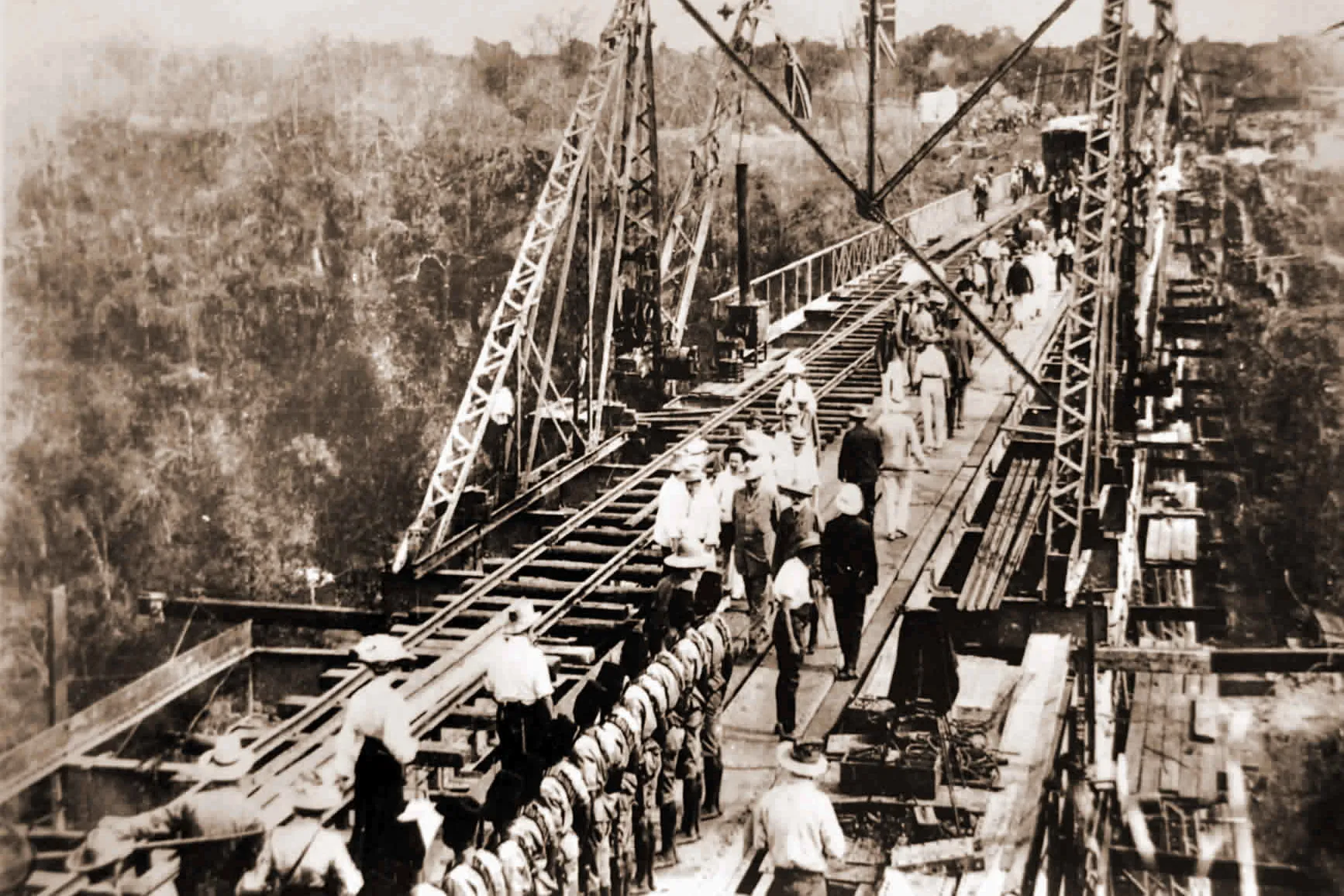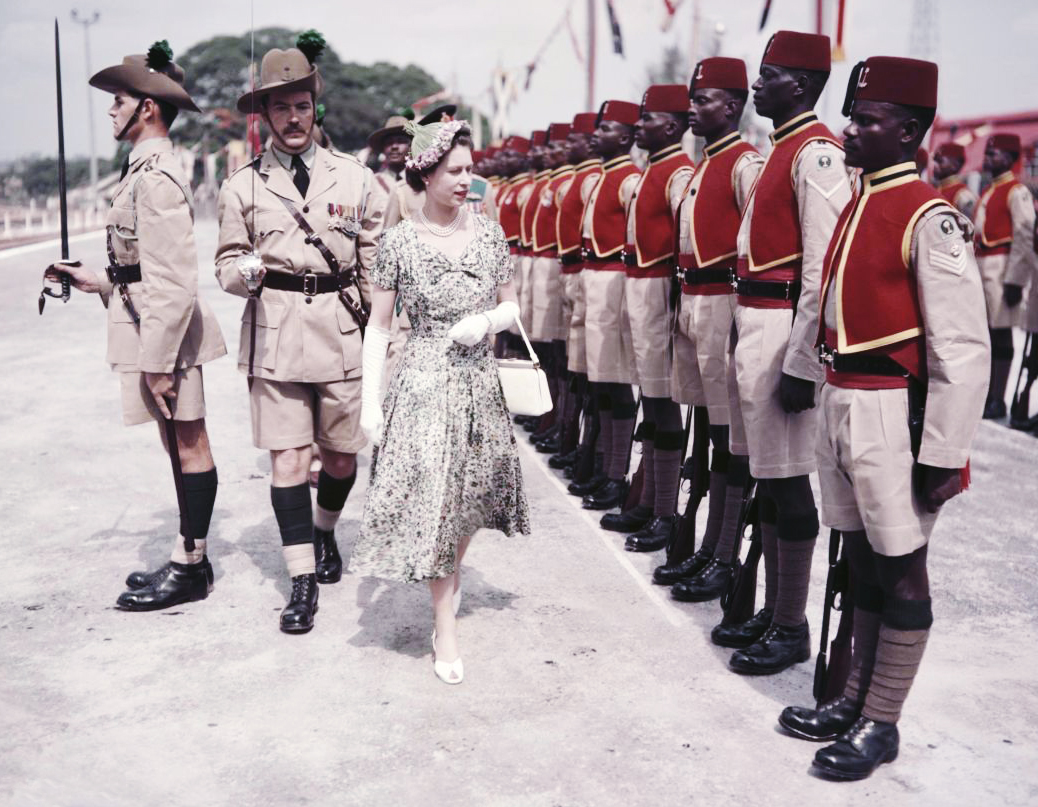DISCLAIMER: The views expressed in this article are those of the author and do not necessarily reflect the official policy or position of News Diggers Media Ltd.
In my opinion, the biggest single benefit of colonialism which is hardly discussed was the introduction of codified law with property rights, plus representative democracy with the 3 arms of modern governments. Before the colonialists, all land essentially belonged to the chief or king and he was the law. At a whim, he or she could give or take away land or confiscate property. There was no concept of title deeds or even just basic human rights codified into a Constitutional Bill of Rights with the right to life, liberty, movement, association or freedom of speech. You could not say anything against the chief, nor could you legally resist confiscation of property.
European nations in the 17th and 18th Century underwent a very strong Philosophical enlightenment period where many things that we take for granted today like human rights were vigorously debated and codified into law in Parliaments. The unchecked power of monarchies was curtailed and representative Republican government introduced. These things today look obvious in hindsight, but tyrannical despotic monarchies were the norm at that time and Africa was no exception.
These colonial reforms introduced more stability and certainty as people were able to trade more freely and invest into new business ventures which led to greater productivity and higher incomes. This period saw the adoption of banking, insurance, pensions, commodity exchanges and stock exchanges which made things more predictable and encouraged investment and entrepreneurship which led to better living standards.
The judicial system with presumption of innocence, due process, and well defined court rules was perhaps the most important component of these colonial legal systems which were alien to Africa. People violating others’ rights, including government officials and even the President or Prime Minister could be punished. Disputes between citizens could now be settled fairly with impartial adjudication and strong deterrence for bad behaviour. One cannot overstate the importance of a strong legal system to development and rapid economic growth.
The Europeans drew from earlier traditions (Assyrians, Babylonians, Persians, Greeks and Romans) and did the hard work of thinking through and debating all the various aspects of modern nations. Slavery for example was taken for granted everywhere in the world until it was challenged on moral grounds by Christians in Europe and lobbied against until it was abolished by law after public opinion turned against it. The lobbying was successful because there existed Parliaments with elected representatives.
Imagine if there was no Parliament but just a monarchy. There was zero chance slavery could have been abolished because the slave plantation owners could have easily paid off the king or queen to turn a blind eye and ignore the slavery abolitionists. Public pressure would have not come to bear, but because Parliament had elected representatives who could be thrown out, they had to listen to the people who demanded the end of slavery which benefited Africans as explained earlier.
The introduction of rule of law in Africa brought significant development and the establishment of mining, industry, commerce and agriculture. Large scale mining which takes decades to bring returns to the shareholders is only possible in stable nations with a good legal framework and friendly taxation policies run by a strong central government. Chiefdoms are unreliable for executing large scale development projects.
Another critical benefit of colonialism was infrastructure. The colonialists wanted to exploit African minerals so they built railways to make the movement of goods and people in large quantities easy and fast. A single train wagon could carry a load equivalent to what hundreds of men could carry and a train could traverse long distances within days as opposed to months by walking. A typical steam engine train in the 1920s could move 500km in one day. Sub-Saharan Africa particularly benefited because tropical diseases made the keeping of animals for transportation impossible.
After railways came roads and bridges with the adoption of motor vehicles, motor cycles and bicycles. The main roads in Zambia were built by the 1940s and made national administration possible. This was great for Africans as they could use the same roads and railways and access more markets for goods and services as well as travel for work or higher education further away in other colonies. All this was not possible before as Africa was undeveloped with only bush paths for movement and no proper bridges.
There are many other important benefits I could enumerate, but that would make this series go into ten parts and I believe the few I have highlighted shall suffice. Hopefully, this admittedly controversial series has been enlightening to the readers and led to a more holistic view of colonialism. Let’s keep the discussion going!
THE END
» Why colonialism was actually ‘good’ for Africa – Part 1



























One Response
Colonialism can never be termed good because it was done under crooks’ law.Africans were never consulted on the new form of livelihood and borders were made without their consent.